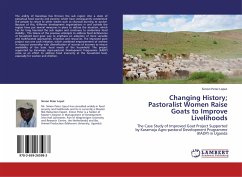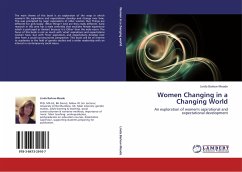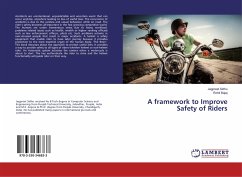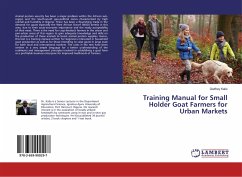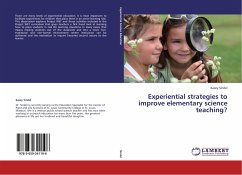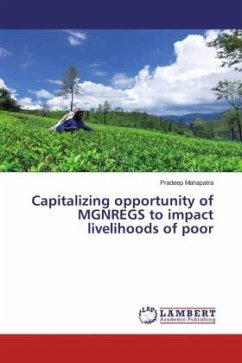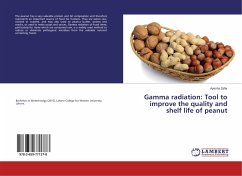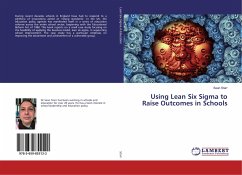The aridity of Karamoja has thrown the sub region into a state of perpetual food scarcity and poverty, which have consequently condemned the people to resort to other means such as charcoal burning to survive. Because of this, different development organisations in and outside the region have put several measures in place to defuse the situation, which has for long haunted the sub region and continues to undermine food stability , The failure of the previous attempts to address food deficiencies at household level gave way to emphasis on adoption of more versatile and multifaceted approaches, initiatives and resources. The improved goat project was one such initiative, which combined empowerment of women in resource ownership with diversification of sources of incomes to ensure availability of the basic food needs of the household. The project supported by Karamoja Agro-pastoral Development Programme (KADP) came as an effort to address food insecurity at the household level, especially for women and children.

